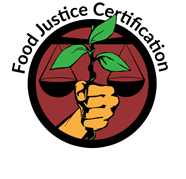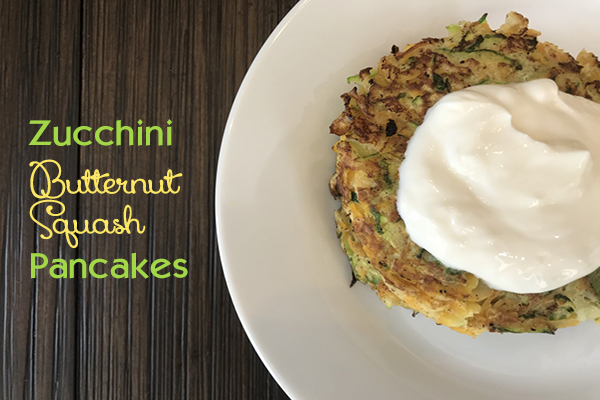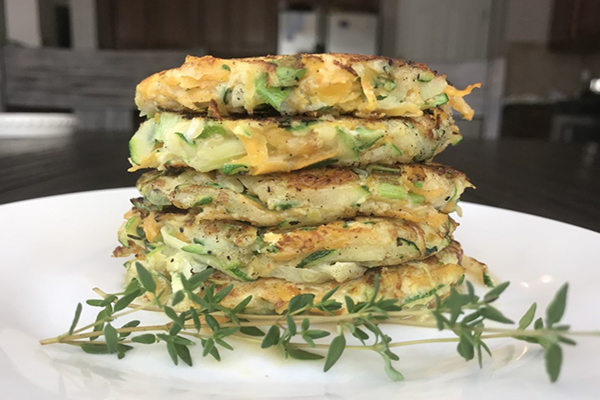
Injustice in the food system – I’ve put off blogging about this for too long for a couple of reasons — 1) it’s far too broad a topic to adequately tackle in one blog and 2) for fear of the discomfort it may cause people, myself included, as I want to do justice to the topic and those who are most negatively affected by the system.
As many of us are thinking about how we can do our part to fight against systemic racism, we should consider that the food system and food choices we make are important pieces of the puzzle. With that in mind, this blog is not intended to place judgement on anyone for the food choices they make but instead to shed light on a few aspects of the food system that contribute to health inequities and actions we can take to begin making a shift.
As a bonus, when we make strategic choices that support a more just food system, these choices often benefit our own physical health as well.
May your choices reflect your hopes, not your fears.
- Nelson Mandela
Some Facts
Chronic diseases such as heart disease, diabetes, kidney failure, hypertension and cancer are responsible for 70% of deaths in the U.S. Current data also suggests a disproportionate burden of COVID-19 illness and death among racial and ethnic minority groups. There are a multitude of contributors that explain why these conditions and their complications affect people of color far more than whites. Below are just a few.
Black communities are at a higher risk of illnesses due to a lack of access to fresh, nutritious food.
- Leah Penniman, Co-Director of Soul Fire Farm
From 2013 to 2017 food advertising on black-targeted TV increased by 50 percent. Black teens viewed 119 percent more junk food related ads, mostly for soda, than white teens, and in the last two decades their risk of type 2 diabetes has doubled. African Americans are 80% more likely to be diagnosed with type two diabetes, over 4 times as likely to have kidney failure, and 3.5 times as likely to suffer amputations as whites.
– Dr. Mark Hyman, Food Fix
There are more than 20 million farm and food workers in the country and they have a seven-fold higher mortality rate than other workers. Pesticide exposure poisons 10,000 to 20,000 farm workers each year and causes chronic health problems in millions more.
(The majority of agriculture workers are people of color, putting them disproportionately at risk for harmful pesticide exposure.)
– Dr. Mark Hyman, Food Fix
We can stop it (food injustice) with our forks, voices and votes. These are powerful weapons to change our health, our communities, our economy and the health of the planet.
– Dr. Mark Hyman
What You Can Do
The list below is not perfect or exhaustive. If you have thoughts on other ways we can take steps toward a more just food system, share them in the comments below.
- Educate yourself. (See resources below.)
- Purchase and eat real, whole foods. In general, the closer the food is to its natural form, the less money goes to supporting unjust food industry practices. It also increases the demand for healthier, whole foods which pressures the industry to follow by producing and distributing healthier, whole foods.

- Look for the Agricultural Justice Project’s Food Justice Certification labels as well as the ones explained in A Closer Look at Chocolate, Coffee and Tea.
- Buy foods directly from growers through farmers’ markets, bulk shares and community-supported agriculture (CSAs) that deliver to your house or nearby locations. Some North Carolina options include:
- Abanitu Organics (Roxboro)
- Black Farmers’ Market (Durham)
- Grass Grazed (Durham)
- Sankofa Farms (Efland)
- Pine Knot Farms (Certified Organic) (Hillsborough area)
- Mother’s Finest Urban Farms (Winston Salem)
- Savage Farms (Durham)
- Use your purchasing power. Do your research and avoid buying from companies that support practices you disagree with. Consider supporting black-owned food companies.
- Consider donating to groups advocating for food justice.
- Volunteer for organizations such as Meals on Wheels or food banks that are working to bring healthy foods to those who need it. SAS employees check out the Food Bank Volunteers Yammer group.
- When donating food, donate healthy options or cash. Many local organizations will accept cash in lieu of shelf stable foods in order to purchase fresh produce on demand.
Part of the solution to poverty and injustice in our food system is bringing everybody back into the right relationship with our food and our land.
- Leah Penniman
Resources
Articles/blogs
Podcasts
No time to listen? Synopses and transcripts are also available for most podcasts.
-
-
- Edible Activist
- Black Food Justice — with Asha Carter
- Nutrition Justice — with Tambra Raye Stevenson
- The Doctor’s Farmacy
- Speaking Up About The Things That Matter: Hidden Forms of Racism — Dr. Mark Hyman (shortest option - 12 minutes)
- Why Food Is a Social Justice Issue — with Leah Penniman
- How We Are Poisoning Our Children — with Harriet Washington
- Why We Have The Worst Health Outcomes Of All Industrialized Nations — with Dr. Charles Modlin, Dr. Leonor Osorio and Tawny Jones
- How Food Marketing is Making Us Sick and Fat — with Dr. Sean Lucan
- Is Your Food Grown by Oppressed Farmworkers? — with Kerry Kennedy
- Black Health Matters — with Hawk Newsome
- Edible Activist
-
Books
-
-
- A Terrible Thing to Waste: Environmental Racism and Its Assault on the American Mind, Harriet Washington
- Food Fix, Dr. Mark Hyman
-
Each of us can make a positive difference if we commit ourselves to do so.
- Dr. Cornel West
Sources:
At your next visit to your local farmers’ market, pick up some zucchini and give this recipe a try.
Savory Zucchini Butternut Squash Pancakes
Servings: 4
Recipe Adapted From: My Body, My Kitchen

Ingredients
2 medium zucchinis, grated
1 cup of grated butternut squash (can substitute with sweet potato)
¼ cup chopped green onion
¼ cup flour of choice (I used almond flour)
1 tsp fresh thyme leaves
2 eggs
2-4 cloves garlic, grated
salt, black pepper, paprika and cayenne pepper to taste
1 Tbsp avocado oil
Directions
-
-
- Wrap grated zucchini and butternut squash in a clean kitchen towel or cheesecloth and squeeze to remove excess liquid.
- In a large bowl, combine all the ingredients (except avocado oil) and mix well.
- Heat avocado oil in a skillet over medium-high heat.
- Spoon in about 1/3 cup of batter per pancake; flatten and shape into a circle. Leave plenty of room in the pan to allow for flipping. If pancakes are juicy, use your pancake turner to press down on pancake to squeeze out extra moisture before flipping. Cook for about 2½ to 3 minutes per side until golden brown.
- Serve with plain Greek yogurt and/or sliced avocado.
-


4 Comments
Hi Jen, I would add Kamal Bell of Sankofa Farms in Durham, NC https://www.sankofafarmsllc.com/.
Awesome! Thanks, Sarah. I'll get this added to our list in the blog.
There is also a Black Farmers Market in Raleigh that recently started: https://raleighmag.com/2020/06/raleigh-black-farmers-market/
Thanks Jennifer. Nice article! I've included the link the farmers' market in the list 🙂